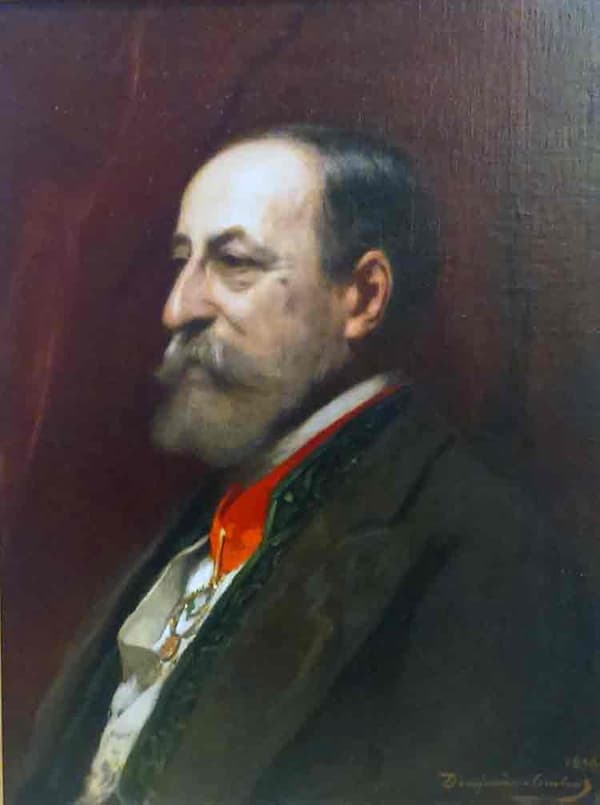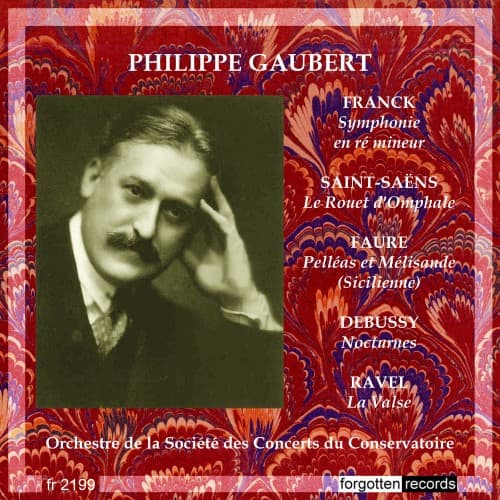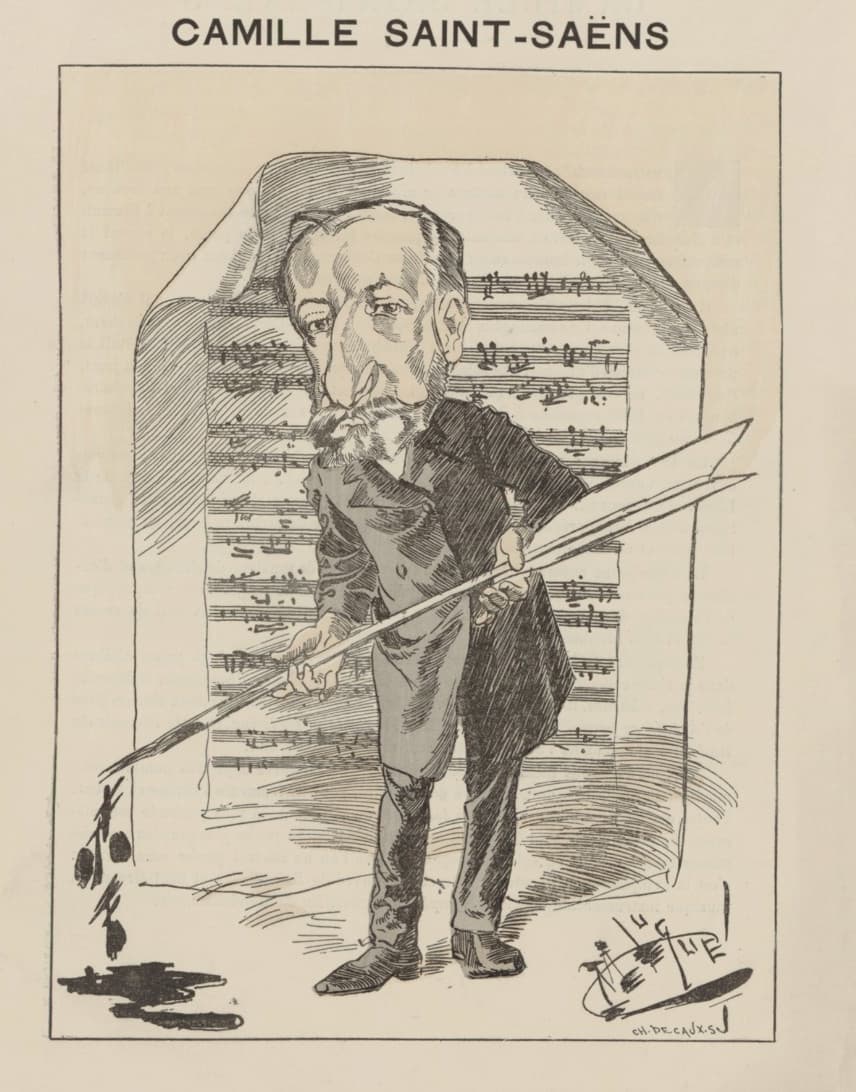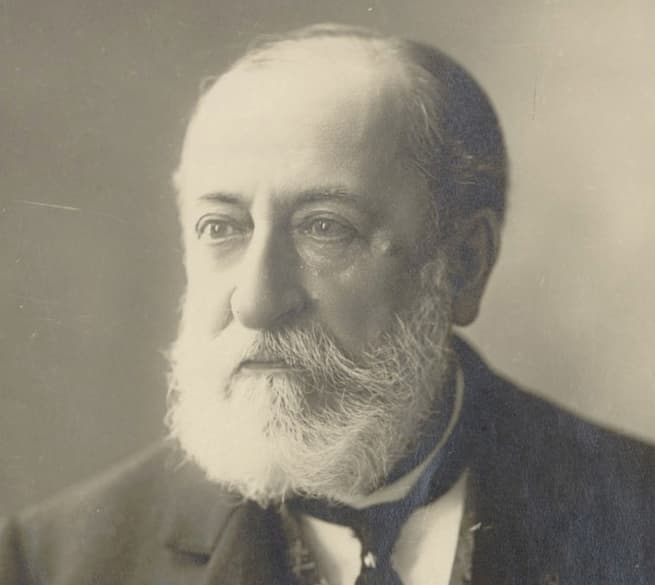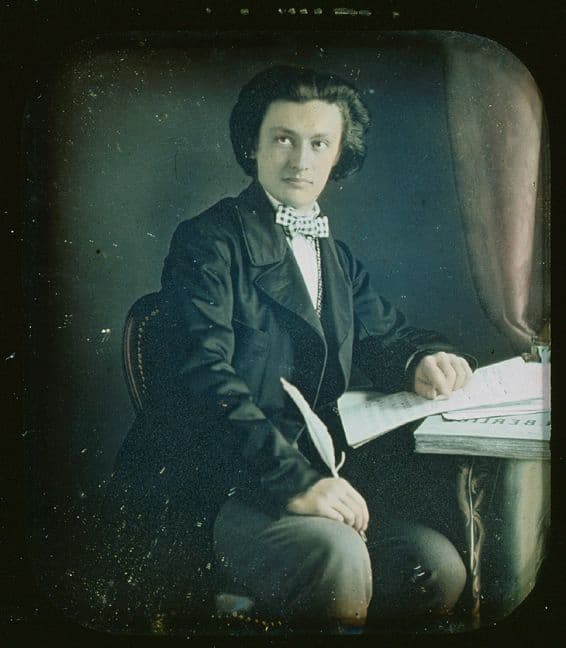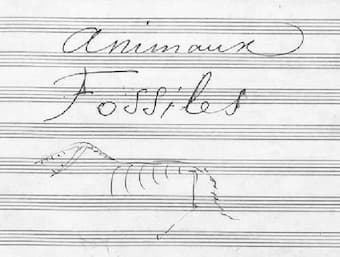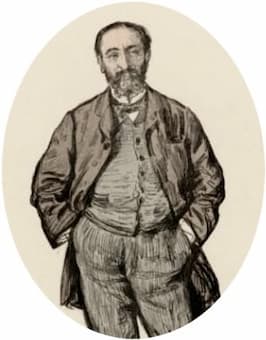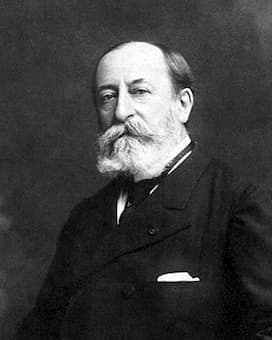As we celebrate Camille Saint-Saëns’ birthday on 9 October 1835, we remember a musical genius and the leader of the French musical renaissance during the later part of the 19th century. He composed in virtually every musical genre available to
Saint-Saens
In the 1870s, Camille Saint-Saëns (1835–1921) wrote a set of symphonic poems on classical subjects, including Phaéton, Danse macabre, La jeunesse d’Hercule, and Le Rouet d’Omphale (The Spinning Wheel of Omphale), which tell of an episode in Hercules’s life. Omphale
Camille Saint-Saëns (1835-1921) was left bereft at the death of his mother in December 1888, and the cold winter winds in Paris persuaded him that perhaps a warmer climate might better suit him. Accordingly, he left Paris for Algiers where
When Camille Saint-Saëns died of a heart attack on 16 December 1921 in Algiers, his body was taken back to Paris for a state funeral at the Madeleine. His career had spanned 70 years and five continents. He performed as
Starting with a bow to the great master, Camille Saint-Saëns (1835–1921) opened his 1858 Oratorio de Noël (Christmas Oratorio) with an organ prelude ‘in the style of J.S. Bach’. Written in 1858, the work was recognized in its time for
“The Carnival of Animals,” also known as “Le Carnaval des Animaux,” is one of Camille Saint-Saëns’ most famous works. It’s hardly surprising, as bees, bears, birds, cows and all manner of creatures spring to life in the ultimate musical animal
On 19 January 1873, the French cellist, viola da gamba player and instrument maker Auguste Tolbecque premiered Camille Saint-Saëns’ Cello Concerto No. 1 in A minor, Op. 33, a work specifically composed for him. Tolbecque was a close personal friend,
“I am an eclectic spirit” Camille Saint-Saëns (1835-1921) was one of the leaders of the French musical renaissance during the later part of the 19th century. He was a scholar of music history and tolerant of a wide range of

